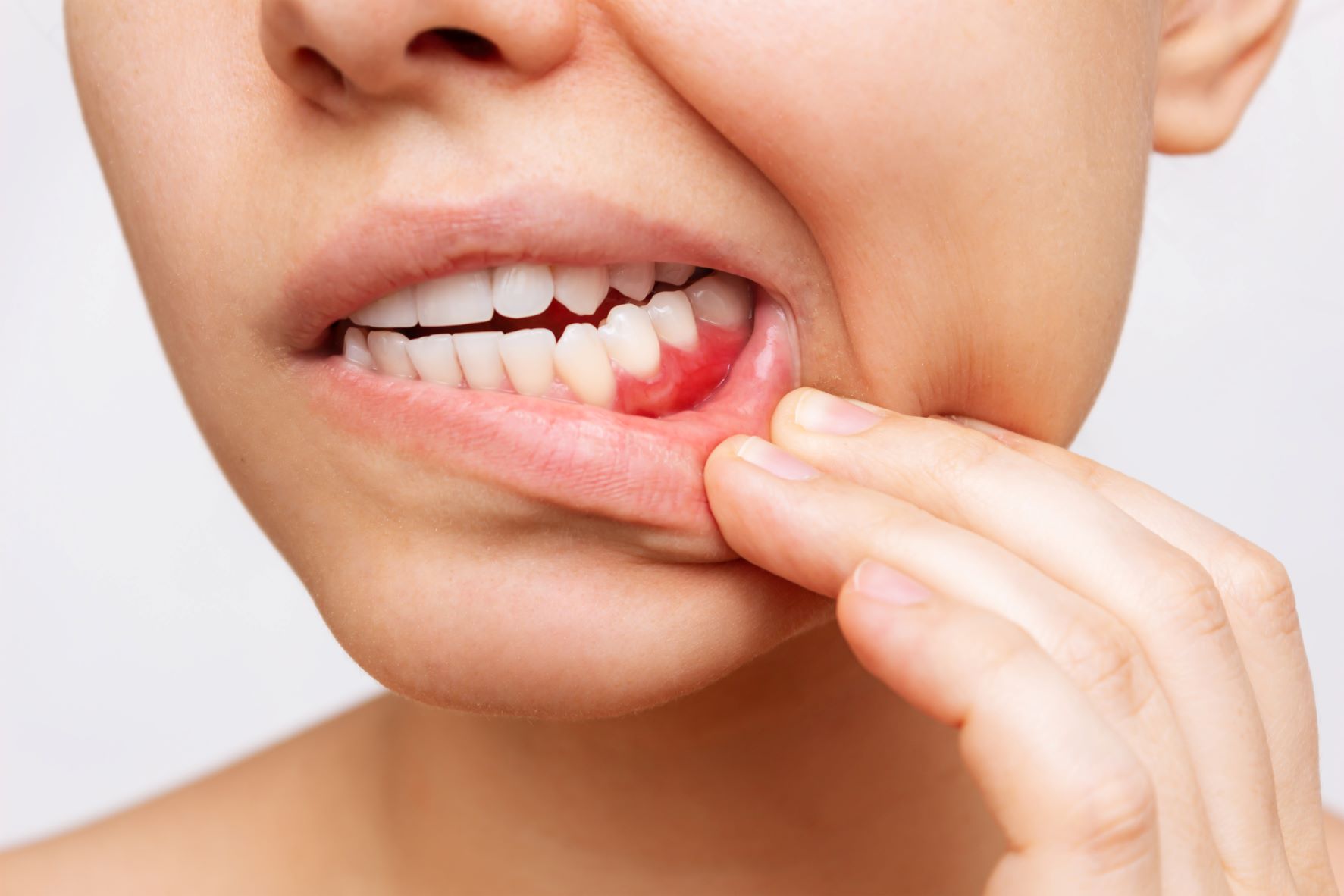Oral cancer is a potentially life-threatening condition affecting the mouth and throat that can be successfully managed if it’s caught early. Usually, it starts in the squamous cells lining the mouth and can spread to nearby tissues if left untreated. While oral cancer is a serious diagnosis, regular dental visits and proactive care lead to significantly better outcomes.
Living in Livingston gives you access to skilled dental professionals who are well-equipped to identify and address oral cancer in its early stages. Let’s take a look at the symptoms, causes, prevention, and treatment of oral cancer and why your local dentist in Livingston plays a huge role in maintaining your oral health.
Symptoms of Oral Cancer
Early signs of oral cancer can be subtle, which is why it needs to be caught early via regular dental visits. Watch for these warning signs:
- A sore or ulcer in the mouth that doesn’t heal within two weeks.
- White, red, or mixed patches on the tongue, gums, or inner cheeks.
- Swelling or lumps in the mouth, neck, or throat.
- Persistent pain, numbness, or bleeding in the oral cavity.
- Difficulty chewing, swallowing, or speaking.
- Chronic bad breath or hoarseness that doesn’t resolve.
If you experience any of these symptoms, reach out to a dentist in Livingston for an evaluation. Early diagnosis makes a huge difference in your treatment options and recovery.
Risk Factors and Causes
Protecting yourself from oral cancer requires understanding its underlying causes and risk factors. Tobacco use, whether smoking cigarettes or using smokeless products, remains the leading cause. Alcohol consumption increases the risk as well, especially when you’re doing both together. Another major factor is infection with the human papillomavirus (HPV), particularly HPV-16, which is associated with cancers of the throat and mouth.
Additional risk factors include prolonged sun exposure to the lips, a poor diet lacking in fruits and vegetables, and a family history of oral cancer. It’s important to note that some people develop oral cancer without any of these risk factors, so everyone, regardless of factors, should be checked regularly.
Diagnosing Oral Cancer
The first step in diagnosing oral cancer is often a routine dental exam. Your dentist will carefully check your mouth for irregularities like sores, discolored patches, or swelling. If anything appears unusual, they might use additional diagnostic methods:
- Biopsies: Tissue samples are collected and analyzed to confirm the presence of cancer cells.
- Imaging Tests: CT scans, MRIs, or ultrasounds can determine the extent and location of cancer.
- Physical Examinations: The dentist or specialist may examine lymph nodes in the neck to identify any swelling or abnormalities.
Livingston residents are fortunate to have access to dental professionals with the expertise to conduct these evaluations for prompt and accurate diagnoses.
Prevention Tips for Oral Cancer
While not all cases of oral cancer are preventable, there are several ways to lower your risk:
- Avoid Tobacco Products: Smoking and chewing tobacco expose your mouth to harmful carcinogens and significantly increases the likelihood of cancer.
- Limit Alcohol Intake: Excessive alcohol use damages the sensitive tissues in the mouth, compounding the risk.
- Use Sun Protection: Apply SPF lip balm or sunscreen to shield your lips from UV rays.
- Get Vaccinated for HPV: The HPV vaccine can protect against strains linked to oral cancers.
- Eat a Balanced Diet: Incorporating more fruits and vegetables into your meals supports oral health and overall immunity.
- Schedule Regular Dental Exams: Routine visits to your dentist allow for early detection and intervention, reducing the risk of advanced cancer.
By taking these steps and staying vigilant, you can protect yourself from many of oral cancer’s risk factors.
Treatment Options for Oral Cancer
The treatment for oral cancer varies depending on its stage and location. Surgery to remove the tumor and affected tissues is often the first thing dentists and doctors will try. More advanced cases might require radiation therapy or chemotherapy alongside surgery. Radiation targets cancer cells in specific areas, while chemotherapy works throughout the body to keep the cancer from spreading.
Newer therapies, like immunotherapy and targeted treatments, are also available. Immunotherapy strengthens the body’s immune response to cancer, while targeted therapies focus on specific cancer-causing molecules to reduce the side effects on healthy cells. These treatments are particularly valuable for patients with advanced or recurring cancer.
Dentists in Livingston work closely with patients to develop treatment plans tailored to their unique cases, prioritizing effective outcomes and quality of life.
Why Choose a Local Dentist in Livingston?
Your best defense against oral cancer is routine dental checkups. Your dentist in Livingston can perform quick, painless screenings that examine your mouth, tongue, and throat for early signs of the disease. These screenings play a huge role in catching cancer before it progresses, reducing the need for invasive treatments.
Beyond screenings, trust your local dentist to maintain your oral health. From providing guidance on preventive measures to supporting you through treatment, they’re committed to helping you achieve a healthier future.
Taking Charge of Your Oral Health
Oral cancer is a serious condition, but it’s one that can be managed with early detection and preventive care. By recognizing symptoms, reducing risk factors, and prioritizing regular dental check-ups, you can maintain your oral health.
If you live in Livingston and are concerned about oral cancer or your overall oral health, don’t delay. Contact your dentist today to schedule a screening. Your actions now could make all the difference in protecting your smile and well-being for years to come.
Resources
https://www.mayoclinic.org/diseases-conditions/mouth-cancer/symptoms-causes/syc-20350997
https://my.clevelandclinic.org/health/diseases/11184-oral-cancer
https://www.nidcr.nih.gov/health-info/oral-cancer
https://www.cdc.gov/oral-health/about/about-oral-cancer.html
https://www.hopkinsmedicine.org/health/conditions-and-diseases/oral-cancer


